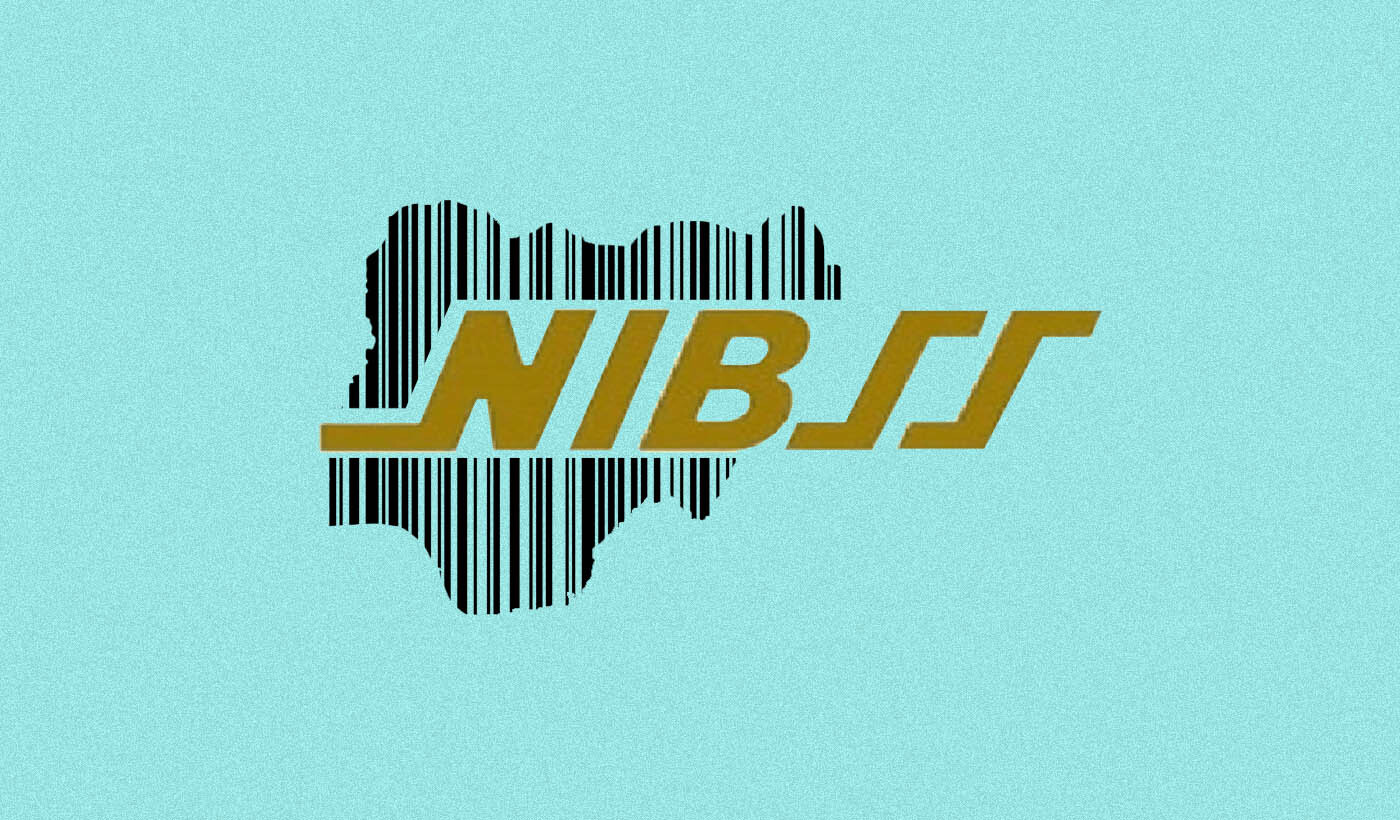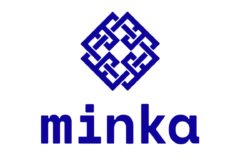Nigerian financial services companies are racing to reassure users after a memo from the Nigeria Inter-Bank Settlement System (NIBSS) asked banks and mobile money operators to delist unlicenced fintechs from directly accepting consumer deposits.
The memo affects companies that own superagents, payment solution service providers (PSSPs) or switching licenses. By regulation, financial services with only these licenses cannot directly accept consumer deposits, particularly through bank transfers. According to the Central Bank of Nigeria, over 100 entities currently hold these licenses in Nigeria.
Over the last few years, some of these companies have expanded to offer more financial services directly to consumers. They avoided regulatory enforcement by securing relevant licenses such as mobile money or microfinance banking licences, which allow them to accept deposits.
Nigerian fintechs such as OPay, PalmPay and PiggyVest’s Pocket App each operate with a mobile money license; while Moniepoint owns a microfinance bank, a switching and a superagent licenses, allowing it to operate a digital banking platform and a network of offline agents to provide cash-in and cash-out services across the country.
Other companies have partnered with banks to offer deposit services building on top of an open-banking architecture that has led to the rise of virtual accounts and the “pay with bank” feature for accepting consumer payments. This year, Paystack announced its partnership with Titan Trust Bank, a licensed commercial bank, to offer virtual accounts and terminals allowing merchants to accept payments with bank transfers for multi-person businesses.
Nevertheless, some companies with superagent, payment solution service providers (PSSPs) or switching licenses have styled themselves as deposit-taking institutions without an accompanying license or relevant bank partnership. The memo from NIBSS directly targets such companies, and it could lead to a purge of these services from the list of approved institutions when consumers make fund transfers.
New directives and misinformation
The memo from NIBSS has triggered misinformation in Nigeria’s public space. One list circulating on social media caused a stir after it claimed that several approved mobile money services and payment companies would be affected by the NIBSS order.
“The recent NIBSS circular has zero impact on our services because we are not deposit-taking like a bank,” Flutterwave, a licensed payments service provider, explained in a tweet posted on Thursday.
“We wanted to reassure you that the recent NIBSS circular does not impact Paystack-Titan or any other Paystack services,” Paystack wrote on X, formerly Twitter. “We developed Paystack-Titan in partnership with Titan Trust Bank in a way that allows the service to operate compliantly, and it passed review from NIBSS,” the company added.
“Moniepoint MFB is a CBN-licensed Microfinance Bank, Moniepoint, which also holds a switching license, said. “As such, we are a deposit-taking financial institution.”
“Your funds are safe and secure,” Opay told customers on Thursday. “OPay is a Mobile Money Operator (MMO) licensed by the CBN and insured by the NDIC… the focus [of the NIBSS memo] is on Payment Service Solution Providers, Switches and Super Agents.”
Other Nigerian fintech companies, such as PalmPay and Nomba, the Y Combinator-backed startup providing financial services to small businesses, have also informed customers that the NIBSS memo has no impact on their services. PalmPay is licensed as a mobile money operator, allowing it to hold deposits. Nomba says it works with only licensed partners to facilitate consumer transactions.
The purge of unapproved deposit-taking institutions could happen over the next few days or weeks. However, it is unclear if NIBSS or the CBN will proceed with additional enforcement action.





















